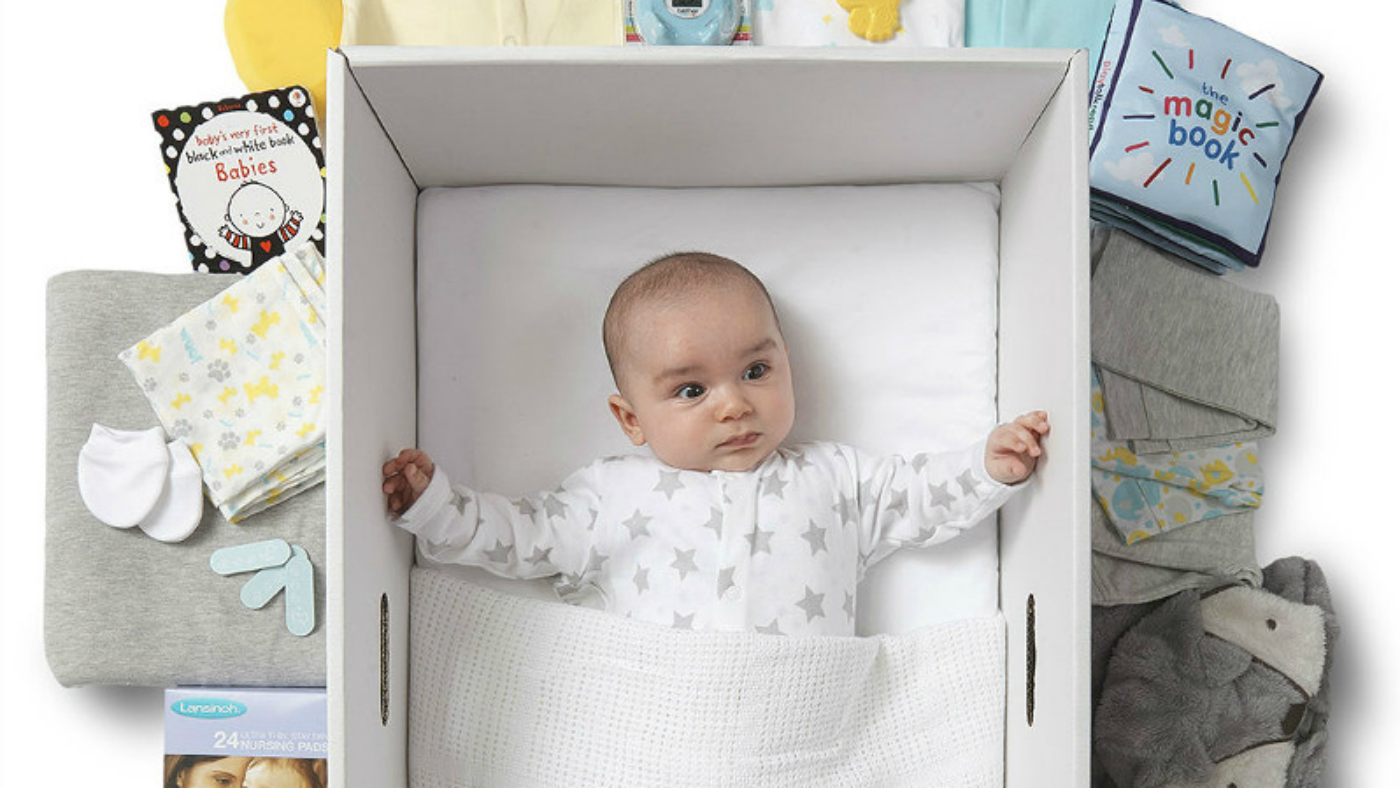Best countries for families with children
Sweden tops new Unicef ranking while UK trails far behind

A free daily email with the biggest news stories of the day – and the best features from TheWeek.com
You are now subscribed
Your newsletter sign-up was successful
Britain is one of the worst places in the developed world to raise children, a new Unicef study has found.
Researchers from the United Nation’s children’s fund compared four types of family-focused policies offered in the 41 countries belonging to the EU and the Organisation for Economic Co-operation and Development (OECD), The Guardian reports.
The ranking was based on the length of paid maternity leave; length of paid paternity leave; the number of children under three attending preschool; and the number of children over three attending preschool.
The Week
Escape your echo chamber. Get the facts behind the news, plus analysis from multiple perspectives.

Sign up for The Week's Free Newsletters
From our morning news briefing to a weekly Good News Newsletter, get the best of The Week delivered directly to your inbox.
From our morning news briefing to a weekly Good News Newsletter, get the best of The Week delivered directly to your inbox.
Ten of the countries that Unicef assessed were not included in the final league table because they did not publish the necessary data, including Japan, the US and Canada.
Overall, Sweden was named the best place for young families, followed by Norway and Iceland. At the other end of the scale, the UK placed 28th, with the last three spots occupied by Cyprus, Greece and Switzerland.
The analysis also revealed some dramatic variations: while Estonia offers women 85 weeks of maternity leave at full pay, the UK gives them the equivalent of just 12, comprised of six weeks at 90% of pay and 33 weeks at a lower rate.
However, the UK performs much better than the US when it comes to parental leave overall, offering fathers two weeks, albeit not at full pay, in addition to the leave mothers can take. The US offers no parental leave at all.
A free daily email with the biggest news stories of the day – and the best features from TheWeek.com
In Japan, meanwhile, new fathers can take more than 30 weeks of paid leave – but only 17% took advantage of that in 2017, Quartz reports.
Unicef executive director Henrietta Fore said: “There is no time more critical to children’s brain development, and therefore their futures, than the earliest years of life.
“We need governments to help provide parents with the support they need to create a nurturing environment for their young children. And we need the support and influence of the private sector to make this happen.”
Here is Unicef’s complete league table of developed nations ranked by child-friendly policies:
1: Sweden2: Norway3: Iceland4: Estonia5: Portugal6: Germany7: Denmark8: Slovenia9: Luxembourg10: France11: Austria12: Finland13: Belgium14: Spain15: Netherlands16: Lithuania17: Hungary18: Latvia19: Italy20: Bulgaria21: Romania22: Croatia23: Poland24: Czechia25: Malta26: Slovakia27: Ireland28: UK29: Cyprus30: Greece31: Switzerland
-
 How the FCC’s ‘equal time’ rule works
How the FCC’s ‘equal time’ rule worksIn the Spotlight The law is at the heart of the Colbert-CBS conflict
-
 What is the endgame in the DHS shutdown?
What is the endgame in the DHS shutdown?Today’s Big Question Democrats want to rein in ICE’s immigration crackdown
-
 ‘Poor time management isn’t just an inconvenience’
‘Poor time management isn’t just an inconvenience’Instant Opinion Opinion, comment and editorials of the day
-
 Epstein files topple law CEO, roil UK government
Epstein files topple law CEO, roil UK governmentSpeed Read Peter Mandelson, Britain’s former ambassador to the US, is caught up in the scandal
-
 Iran and US prepare to meet after skirmishes
Iran and US prepare to meet after skirmishesSpeed Read The incident comes amid heightened tensions in the Middle East
-
 Israel retrieves final hostage’s body from Gaza
Israel retrieves final hostage’s body from GazaSpeed Read The 24-year-old police officer was killed during the initial Hamas attack
-
 China’s Xi targets top general in growing purge
China’s Xi targets top general in growing purgeSpeed Read Zhang Youxia is being investigated over ‘grave violations’ of the law
-
 Panama and Canada are negotiating over a crucial copper mine
Panama and Canada are negotiating over a crucial copper mineIn the Spotlight Panama is set to make a final decision on the mine this summer
-
 Why Greenland’s natural resources are nearly impossible to mine
Why Greenland’s natural resources are nearly impossible to mineThe Explainer The country’s natural landscape makes the task extremely difficult
-
 Iran cuts internet as protests escalate
Iran cuts internet as protests escalateSpeed Reada Government buildings across the country have been set on fire
-
 US nabs ‘shadow’ tanker claimed by Russia
US nabs ‘shadow’ tanker claimed by RussiaSpeed Read The ship was one of two vessels seized by the US military